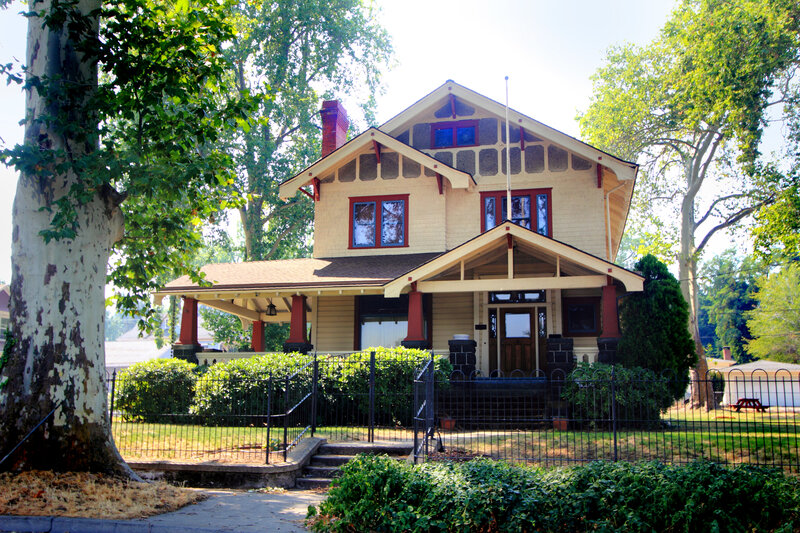
Are you considering buying an older home? If so, there are a few things you need to do before making your purchase. Older homes can be a great option for those looking for a more affordable alternative to a brand-new home, but they come with their own set of unique challenges. Here is a look at a few of the steps you need to take before buying an older home.
Get a Thorough Inspection
If you’re thinking of buying an older home, one of the most important things you can do is to get a thorough inspection. An experienced inspector will be able to spot any potential problems, from structural issues to electrical problems. They’ll also be able to tell you if there are any code violations that need to be addressed.
Getting an inspection before you buy can save you a lot of money and headaches down the road. So, if you’re considering an older home, get a thorough inspection before making your purchase. It could end up being the best decision you ever make.
Understand the Costs
Before buying an older home, it’s important to understand the potential costs. Older homes come with unique maintenance risks so they cost more to insure. In addition, they may need more frequent repairs and renovations than newer homes. However, older homes also have a lot of charm and character.
They often feature original architectural details that you won’t find in a new home. So, while understanding the costs is important, don’t let it deter you from considering an older home. With a little bit of care, an older home can be a wonderful place to live.
Set a Renovation Budget
Any home purchase is a big investment, but buying an older home comes with its own unique set of challenges. One important thing to do before making an offer on an older home is to set a renovation budget. Once you have an idea of how much money you’ll need to bring the property up to your standards, you can start to realistically assess whether the purchase is feasible. Additionally, setting a budget early on will help to avoid any nasty surprises down the road. Identifying what needs to be renovated can also be a daunting task, but there are some telltale signs of disrepair that you can look for when touring properties. Water stains on ceilings or walls, drafty windows, and creaky floors are all red flags that should give you pause. Of course, every home is different, and not every repair will be expensive or time-consuming. However, by keeping an eye out for these common problems, you can get a better sense of which homes are worth further consideration.
Buying an older home has a lot of upsides, but it also has a few disadvantages to keep in mind. If you are prepared for the extra work of an older home, it can be a great choice. Just be sure to do these three things before you buy an older home.
Did you like reading this article? Here’s more to read: Common Issues to Expect with Fixer-Uppers

